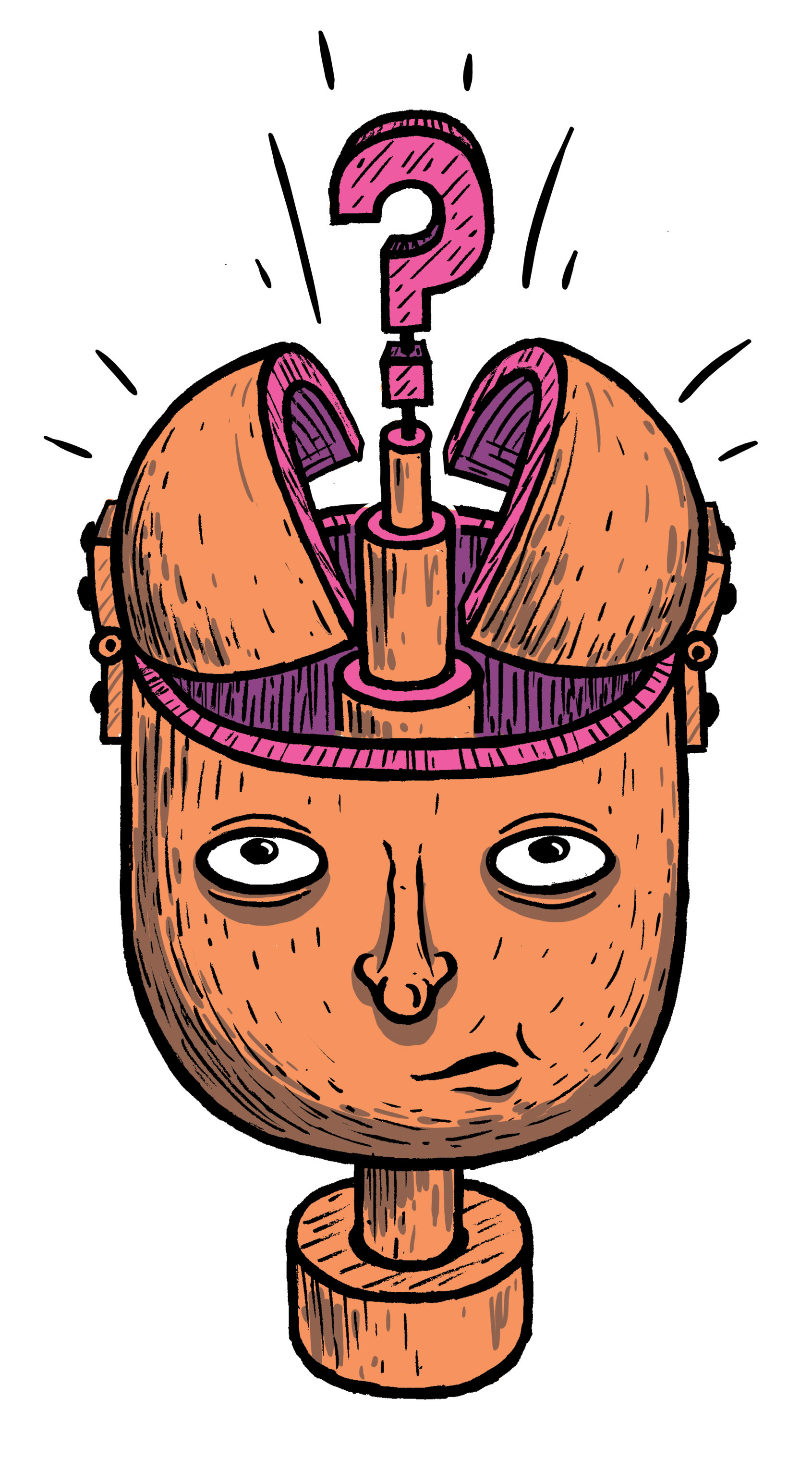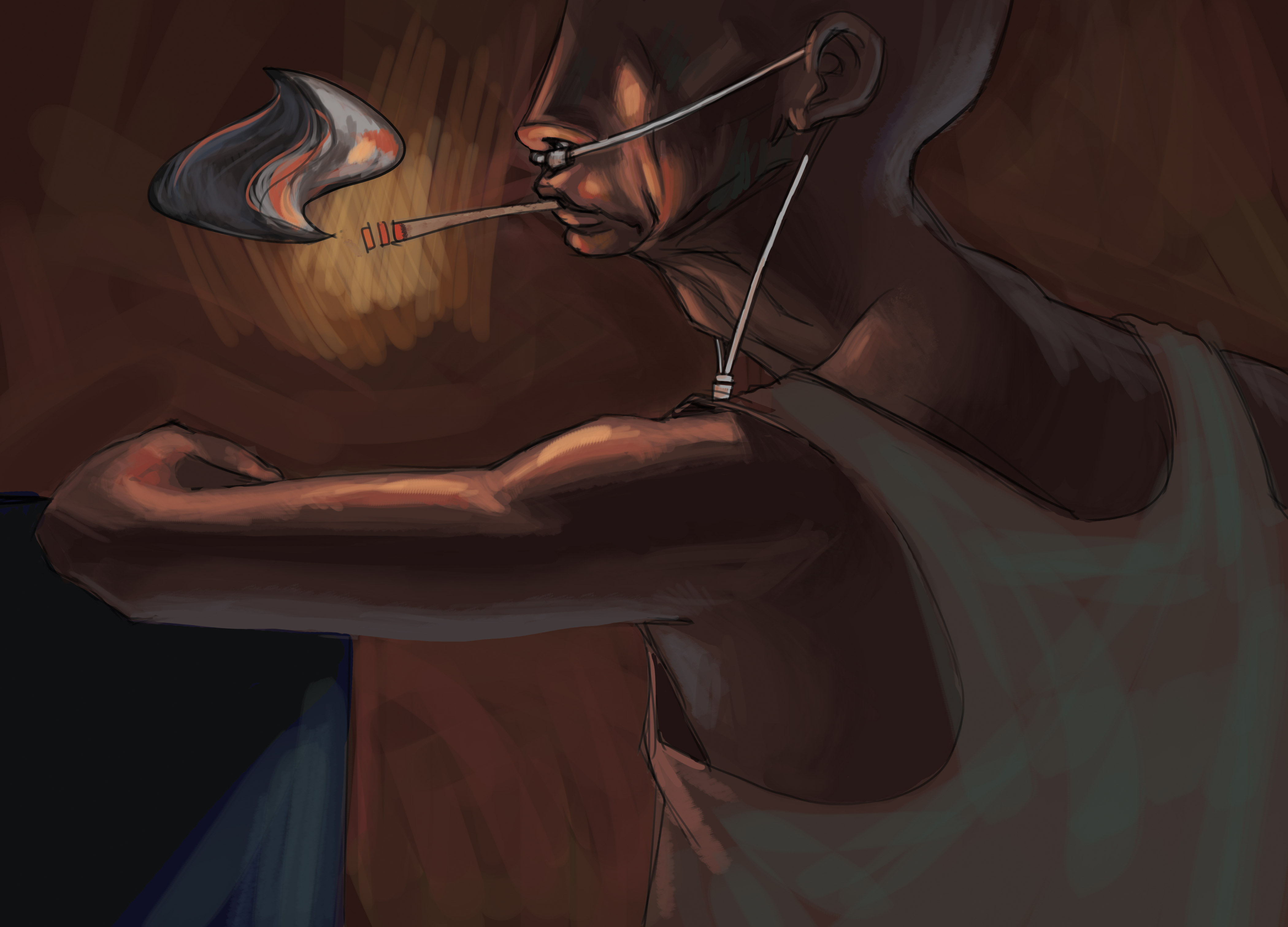Background
Mental illness has commonly been referred to as an invisible disease, since symptoms are not immediately noticeable to the public eye. One of the strongest examples is mood disorders, specifically depression.
It can be easy to brush off certain signs of depression—sadness, feelings of guilt, a lack of motivation, or fatigue—attributing the symptoms to simply “having a bad day.”
Because of the broad range of symptoms, it is also hard for individuals to recognize. Doctors can diagnose depression fairly easily (compared to some other psychiatric disorders), but individuals find it difficult to identify in themselves because of the confusion between the disorder and just being sad.
According to the Public Health Agency of Canada, there are over 15 common symptoms of depression. Nearly all of these examples could easily be attributed to something else, and, as a result, depression gets swept under the rug. This is a problem.
According to Statistics Canada, “depression is the most common mental illness among those who die from suicide, with approximately 60 per cent suffering from this condition.” Despite adequate resources being readily available, more than two thirds of those suffering from depression will never seek help, whether from friends, family, or medical professionals.
Experience with depression
There are a number of different reasons why individuals may choose not to consult a professional when it comes to the setbacks they are facing. Guilt, fear, frustration, and confusion are all among the variety of emotions a person may feel when bouts of depression come along.
I can speak personally on this topic, having seen the effects of depression tear my family apart. My brother struggled with the medical condition for many years, and the results were a nightmare for all involved. His symptoms began in grade seven, unbeknownst to all of us. My parents were shocked and confused as they witnessed his personality slowly change.
It wasn’t until two years later that any of us truly clicked in that something was seriously wrong. I cannot personally fathom what it must have been like for my brother to fight those personal demons on his own for such an extended amount of time. In grade nine, he was finally diagnosed with double depression, a combination of major depression and dysthymia (also known as chronic depression).
One form of depression on its own is tough enough, but to combine the two is almost unthinkable. It’s like being punched in the gut when you already have the wind knocked out of you.
My brother, and our family as a whole, went through the mental health system completely blind. None of us had any prior knowledge of depression, how to treat it appropriately, and especially how to handle it within our own household.
Every day was a battle. My parents went to a couple of different doctors with my brother, hoping that the professionals would be able to guide them in the right direction. Instead, it was an endless circle, as whatever medication my brother was given proved ineffective, and sometimes even made things worse. For a particular period of time, it didn’t seem like there would be a happy ending to this story.
Time and experience turned things around for my brother. The bottom line of this story is that he saved himself. Using his genuine interests, such as writing and playing music, as well as helping children in situations that were more challenging than his own, he turned things in the right direction.
There is one particular memory that I will never forget. My brother was having a really hard day, and didn’t get out of bed. My dad, who is usually very level-headed, got frustrated, and called him lazy. My brother responded by saying, “I’m not lazy, I’m working really hard.” My dad asked angrily, “On what?” His response will always stick with me. He said: “I’m working to stay alive.”
Everyone experiences and responds to mental illness in different ways. Some have a family history, and therefore a greater knowledge on what approaches might need to be taken. Others, such as our family, had no clue. The bottom line, regardless of the situation, is to remain strong, because things will get easier with the right support, and perseverance. You are never alone.





These are good articles on mental illness. Mental illness, and depression in particular, is a deadly disease. We say that people who die of suicide are depressed. This is like saying that someone riddled with cancer dies of organ failure. The truth is, people die of depression, suicide is similar to the organ failure that finally takes the cancer patient.
I also think that it is really important that one of the articles noted that a person was told to go exercise, and another found his way up the hill through working hard on staying alive, and helping kids.
Mardo Kidder suffered from mental illness, and realized, after using many different drugs, that she needed to get back to basics. She was living on coffee and cigarettes, and one of the causes of her illness was not eating and sleeping properly. She probably wasn’t exercising regularly either.
I am not surprised that many of us in the university have problems with depression and other forms of mental illness. Students and professors alike can work ridiculously long hours, skip meals, get energy from coffee or caffeine drinks, and sleep as little as possible, trying to make up lost sleep on a rare free day. This is a recipe for illness. We know our mood changes when we are hungry. We know our mood changes when we are tired. What we seem to overlook is that chronic inattention to nutrition and sleep can lead to something much more serious and dangerous. And, we all sometimes forget that our bodies need to move.
I have lost count of the number of times I have looked into the gray face of a student and asked, “Have you slept?” Or the number of times I have advised a student, who cannot understand something, to eat, sleep, then think about it again. Or the number of times I have had to remind myself, “everything is not hopeless, you need to eat and sleep. Get out in the sun and go for a walk!”
For anyone who reads this who has this part of life down pat, this may seem ridiculous. But, if you are the person who stays up all night, reading, studying or getting the 2 hours of down-time you should have taken in the evening, this is for you. Start slow. Sleep an hour earlier than before. Try eating breakfast. Take a walk around campus after your last class before heading home. Force yourself to relax. Forgive yourself when you slip, but keep trying. And, when your mind tells you you are useless, stupid or inadequate, tell yourself, out loud even “I am fine just the way I am”. Then, eat something healthy.
Side note: this last one, “I am fine” I learned when dealing with depression. I learned of the most successful people feel inadequate; these are people whose accomplishments made me think, “I wish I could be as good as them”. We all do different things in life, and it was ironic that I respect the work and value of everyone from my amazing textbook support person to the thoughtful lady at my favourite restaurant. and the person directing traffic in a busy parking lot. Yet, I would kick myself… so repeat, “I am fine”.
And, like Mike’s brother, if you suffer from major or chronic depression, keep working on staying alive. There will be both ups and downs over time, but keep at it. And EAT! SLEEP! EXERCISE!